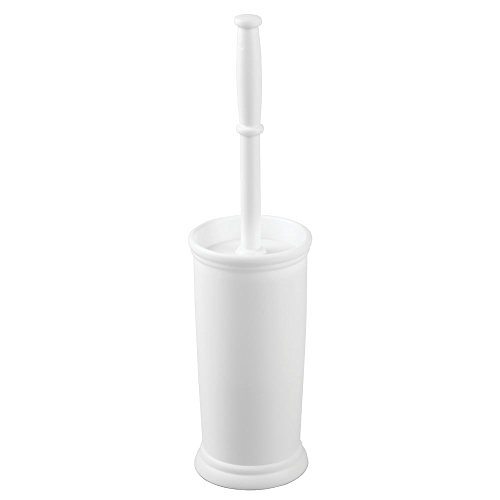(HIB) – There’s one in every neighborhood – the house with the bright green grass, perfectly trimmed shrubs and flowers in full bloom. As you look at your own lawn, plagued with weeds and sparse patches, you wonder how your neighbor is able to achieve such a beautiful outdoor space. The secret isn’t in how much time or money can be invested, but rather taking the right steps at the right time to eliminate lawn and garden problems.
Here are some common landscaping issues and the easy steps any homeowner can take to correct them:
Sparse, brown lawn
If your lawn is looking sparse and brown, the likely culprit is thatch. Thatch is the layer of dead grass, leaves and stems that block water and nutrients from reaching the roots. To revive your grass, you need to remove this layer and prime your lawn for strong regrowth.
A dethatcher, also known as a power rake, is the easiest way to get rid of the layer of thatch. Then you’ll want to use an aerator to poke small holes in the dirt so that nutrients, air and moisture can get to the roots. These two pieces of equipment are critical for repairing sparse, brown lawn, but purchasing them outright is costly. Consider renting them from your local American Rental Association rental store. Find the one nearest you by www.RentalHQ.com.
Weeds
No single method will eliminate all weeds, so the best action really depends on what types of weeds you have. Here are some tips on the most common:
* Dandelion – It’s imperative to dig out dandelions before they go to seed. You can also spot treat dandelions with a broadleaf weed killer. If you do this, make sure your product does not kill grass.
* White clover – This weed can spread quickly on undernourished lawn. Combat by watering regularly and applying nitrogen fertilizer. You can also use a broadleaf weed killer for spot treatments.
* Crab grass – If it’s early in the season, consider applying a pre-emergence crabgrass herbicide. Because crabgrass thrives on shorter lawns, set your mower to a higher setting, about 2.5 to 3 inches.
Overgrown hedges, shrubs and trees
Meticulously trimmed hedges and trees make a yard look perfectly manicured. The tools of the trade will make the job a breeze, but you don’t need to purchase a tree trimmer or chainsaw. You can easily rent those at your local American Rental Association rental store for a fraction of the cost of buying them.
The most important consideration when operating a chain saw or trimmer is safety. When you rent, you get personalized training on the equipment. Tell the rental professional what you want to accomplish and they will help you find the equipment you need to get the job done, while providing you with tips on how to use the equipment and safety.
When you’re done trimming and clearing out your area, renting a chipper can make cleanup quick and easy.
Wilting, dead plants
No matter where you live, if your outdoor plants start to wilt or turn brown, it’s likely that they need water. Sounds simple enough, but it’s also easy for plant novices to overwater – which can kill your plants and flowers just as easily as under watering them.
Start by always watering during the early morning or late evening hours. Watering during peak sun hours will cause most of the water to evaporate and little will reach the plants’ roots. Research the recommended watering schedule for your lawn and plants so that you can create a weekly watering schedule. Some plants may only need watering once a week, while others may need it daily. You can also ask your local nursery or the Extension Service of the US Department of Agriculture for planting and watering recommendations in your area.
Striped lawn
Nothing is more frustrating than the homeowner who spends lots of time on yard work only to wake up one day to a striped lawn. If you have healthy lines of green grass that alternate with yellow or brown stripes, likely the cause is uneven fertilizer application.
The trick to fertilizing evenly with a drop spreader is overlapping wheel tracks by an inch or two. This will help ensure no area gets missed and any potential for stripes is eliminated.


